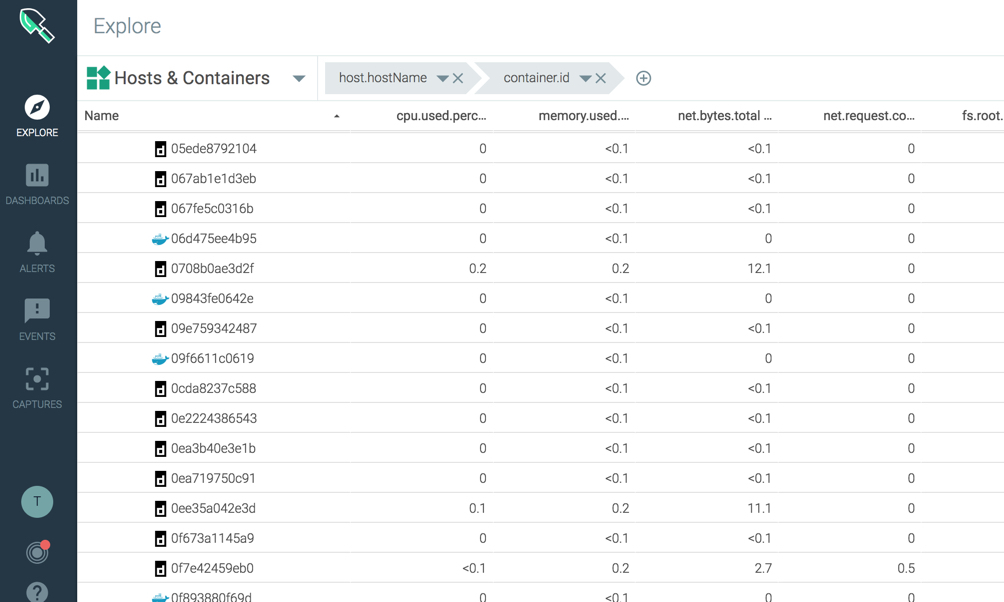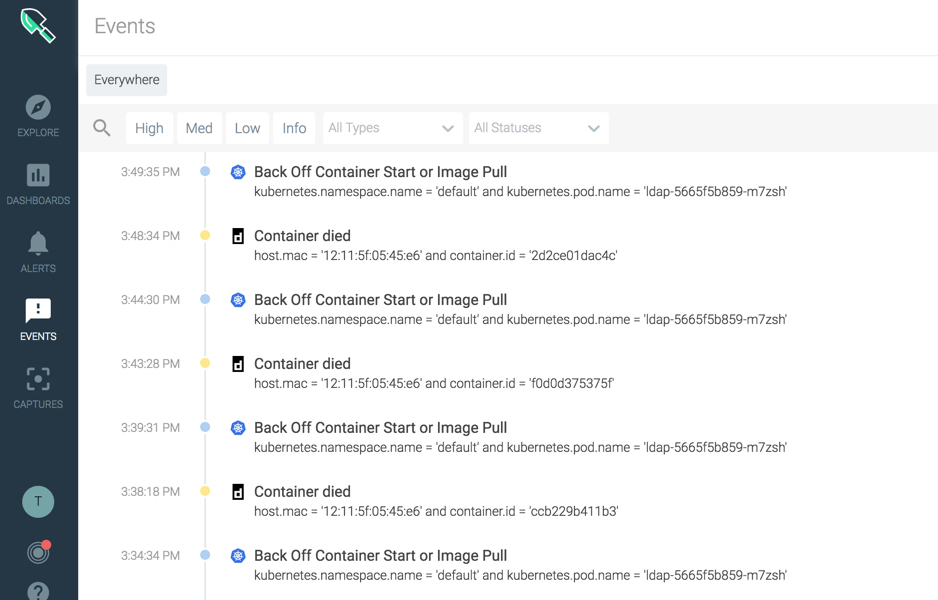Containers are fast becoming the defacto standard as a building block for creating and deploying applications. Containerization allows development teams to have consistent environments, cost optimizations, isolation, and versatility, in general. The open-source Containerd project is a critical component for the modern cloud-native containerized landscape, providing a runtime that is widely used in millions of applications every day.
Containerd is an industry-standard container runtime that provides core primitives to manage containers on a host. It was designed with an emphasis on simplicity, robustness, and portability.
A little history:
Starting in 2008, LXC (Linux Containers) was the earliest, most comprehensive implementation of container manager that worked out of the box on a single Linux kernel. It combined the kernel’s cgroups and support for isolated namespaces to provide an isolated environment for applications.
Docker came along in 2013 and contributed to the significant growth of container adoption. The Docker engine used LXC early on but eventually replaced it with its libcontainer library. As the ecosystem continued to thrive, many open source tools were developed to simplify container management.
In 2015, Kubernetes, an open-source container orchestration system, was gaining traction. Many of these open source tools (including Kubernetes) used the (Docker?)docker engine as the core building block to run containerized applications. At the same time, Docker Inc. started working on solving problems and decided to extend the core docker engine to help run containerized applications on distributed environments at scale. This expansion led to friction in the ecosystem. Kubernetes was building solutions to solve container orchestration problems and relying on docker engine, which was in turn embedding docker swarm to solve container orchestration problems. As a result, Docker launched an open source container runtime project, i.e., ContainerD that the ecosystem could use as a slim container runtime and build value-added services (orchestration) on top. Last week, ContainerD earned the coveted “graduated” status within Cloud Native Computing Foundation. Other graduated projects within CNCF include Kubernetes, Prometheus, Envoy, and CoreDNS.
Containerd is available as a daemon for Linux and Windows and it manages the complete container lifecycle of its host system.
Sysdig’s commitment to ContainerD:
The Sysdig platform provides extensive monitoring, security and troubleshooting capabilities with comprehensive kubernetes & container insights. Our Sysdig Monitor and Sysdig Secure products natively support ContainerD and detect ContainerD metadata along with Docker metadata in your environment

Sysdig captures all of your containerd runtime events and displays them in a combined event feed along with all your alert, orchestrator and custom events.

We are actively supporting the ContainerD open source project and will continue to add features to support our customers’ journey of transitioning to containers with best-in-class cloud-native monitoring and security. In the meantime, we look forward to your feedback!



